Because of the change in lifestyle due to the corona crisis, more and more people are buying things instead of throwing them away. Therefore, it is the existence of vicious traders that you want to be careful about. Problems with door-to-door purchases and disused item collection companies (non-store companies) are increasing. We asked Takeki Yoshida, president of NEXT LIFE Co., Ltd., which operates the recycle shop poi!
Purchasing was associated with high-priced, brand-name items...
Until now, when we thought about purchasing, we had an image of expensive items such as brand-name items, precious metals, old coins/stamps, and kimonos. However, it is said that daily necessities are increasing due to the corona misfortune.
For example, household items such as furniture, electrical appliances, kitchen utensils, clothes that you usually wear, games, etc. In addition, there are also people who sell hobby items such as camping equipment, surfing equipment, and fragrant wood for incense.
Until now, the spread of SNS has made it easier to find a place to buy things that could not be found and thrown away. In addition, with the increase in commercials such as buying, recycling has become more familiar. President Yoshida also advises, "You can always throw it away, so first try to see if it will sell."
It doesn't matter if it's scratched or dirty!?
What is worrisome is the degree of deterioration. The question is whether or not they will take back the used items even if they are in poor condition. For example, when recycling a bag, we asked how much 1) mold, 2) stains, 3) damage, and 4) blackening would be accepted.
Then President Yoshida immediately replied, "With our company, almost everything is OK." I was surprised to hear that if the company does its own cleaning and maintenance, they will take it back as long as it is not in a very good condition. “Don’t give up in any situation, first consult with a professional contractor,” he said.
Beware of door-to-door purchases "Don't be deceived by unscrupulous traders"
Meanwhile, problems with door-to-door purchases and disused item collection companies (non-store traders) are increasing. Therefore, I was also taught "knacks on how to distinguish" so as not to be deceived by vicious traders.
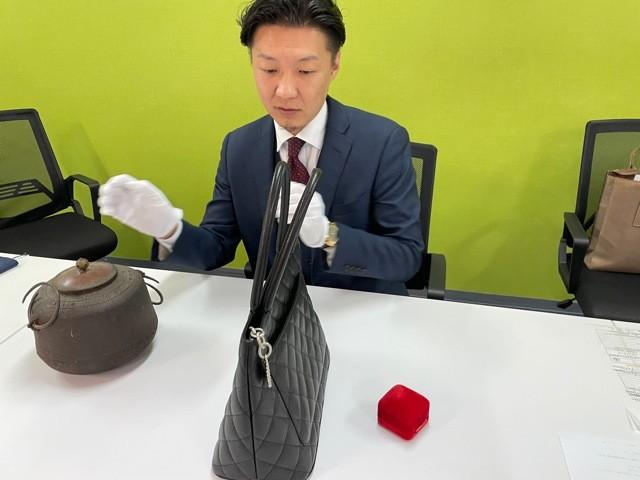
①Let's ask for the presentation of a business card and a business card!
When the customer conducts business outside of the sales office, such as visiting a recycling company on his/her own initiative or visiting a business trip purchase, it is necessary to present a "peddler's certificate", which is a permit for a secondhand dealer. required by law. President Yoshida emphasizes, "It's suspicious of businesses that don't show their business cards, as well as their business card."
②Let's check whether the assessment is free or paid!
What I want to keep in mind is that some product assessments are completely free of charge, while others are not. "Our company offers free business trips and free estimates. However, some companies charge a fee." Don't forget to check if it's free or paid before you get an appraisal.
③ Contractors who can't assess properly are out of the question!
Assessment requires study and experience. For example, someone who doesn't even know how to fold a kimono would never appraise it. An experienced appraiser has a deep knowledge of kimono and should be able to explain the reason for the appraisal result in an easy-to-understand manner. However, it is difficult to find out if the appraiser is a connoisseur, so it is all about asking a reliable trader.
(4) Contractors who do not explain the cooling-off period are NG!
Apart from cases where the customer requests or visits, if the vendor visits at will or comes to purchase on a business trip, the purchased product must be returned within 7 days of the contract. There is a legal “cooling-off” contract that must be
"I signed a contract, but if I say 'I don't want to sell it, so please return it', it's a cooling-off period," said President Yoshida. In order to avoid troubles, unscrupulous contractors may lie that the contract does not allow cooling-off, so be careful not to be deceived.
Industries where it is important to gain the "trust" of customers
The "poi! Next" that we interviewed this time has a physical store in Suwa, Joto-ku, Osaka, and was originally a recycling warehouse in Suwa. started from. “We started coming to see if our neighbors were selling something, and the warehouse turned into a store,” he says.
In the spring of 2020, there was a nationwide shortage of masks during the corona crisis. “I wanted to contribute to the community when I was in a pinch, so I purchased masks and distributed them to the locals.” It is said that he called on Instagram and distributed it free of charge to nursing homes, orthopedic clinics, and store customers. As a result, trust was born, and the store also felt the importance of communication with the community.
Currently, "About once a month, we hold an event like a return sale and actively try to interact with the local community," says President Yoshida.
The big cleaning is still ahead, but instead of discarding things that are no longer needed, consider recycling them. I felt like I learned through the interview that this is also connected to the SDGs that are being pushed around the world.

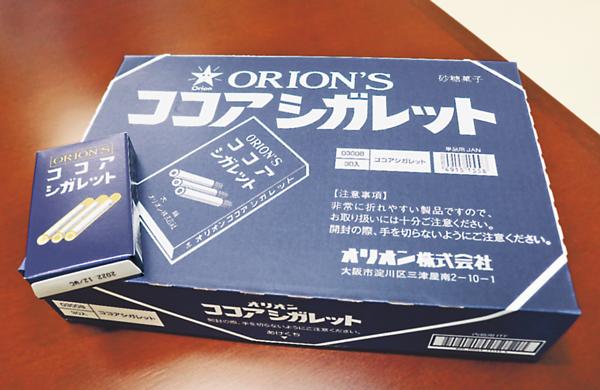
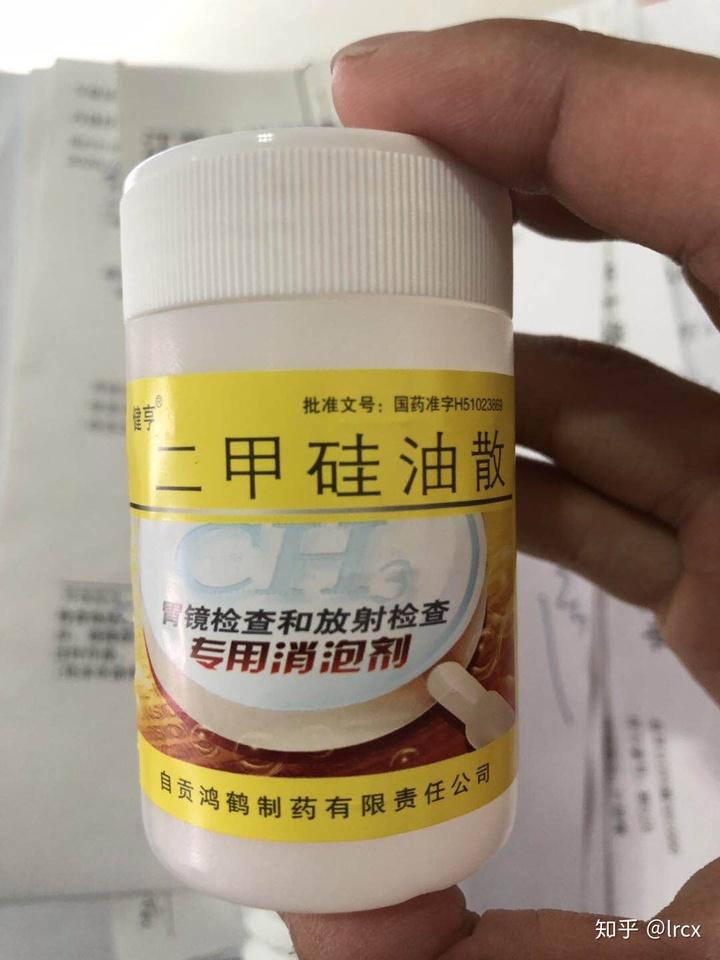
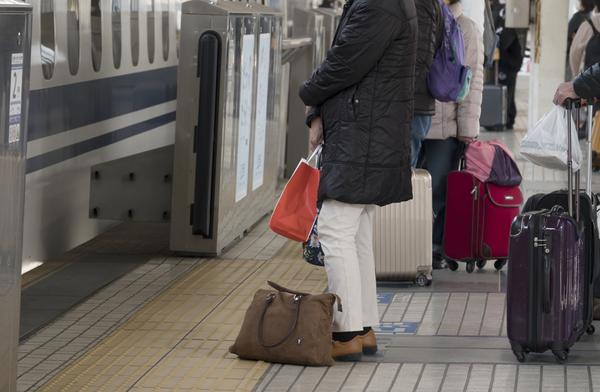
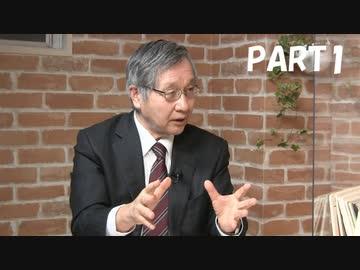
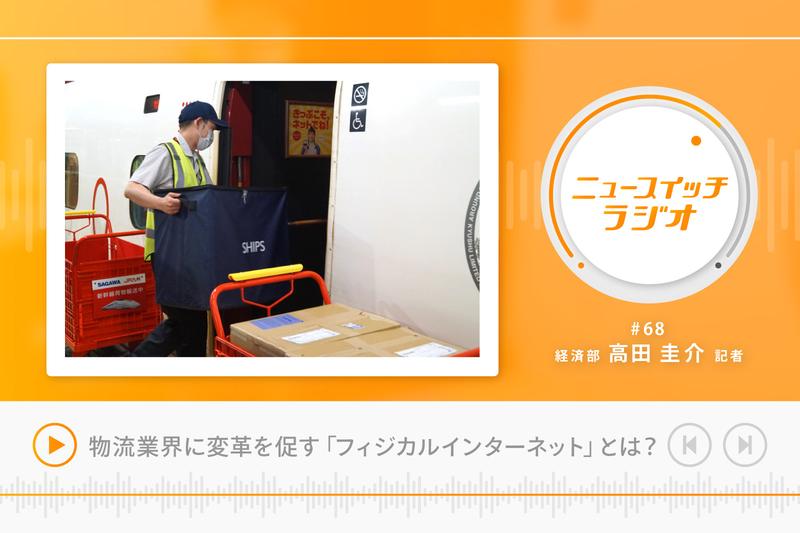
![[New Toyota Voxy (90 series)] Amplifies the characteristics of the aero body! A design that further enhances the power of the front mask! #Works direct custom deep layer 001](https://website-google-hk.oss-cn-hongkong.aliyuncs.com/drawing/article_results_9/2022/3/25/01568e2fbf021c0eaf7d013507c850a4_0.jpeg)
![[Toyota Noah / Voxy new model] Modellista releases various customized parts ... Actual vehicle exhibited at Tokyo Auto Salon](https://website-google-hk.oss-cn-hongkong.aliyuncs.com/drawing/article_results_9/2022/3/25/8268612c1e5941e62d3dfd07f8991b2f_0.jpeg)

